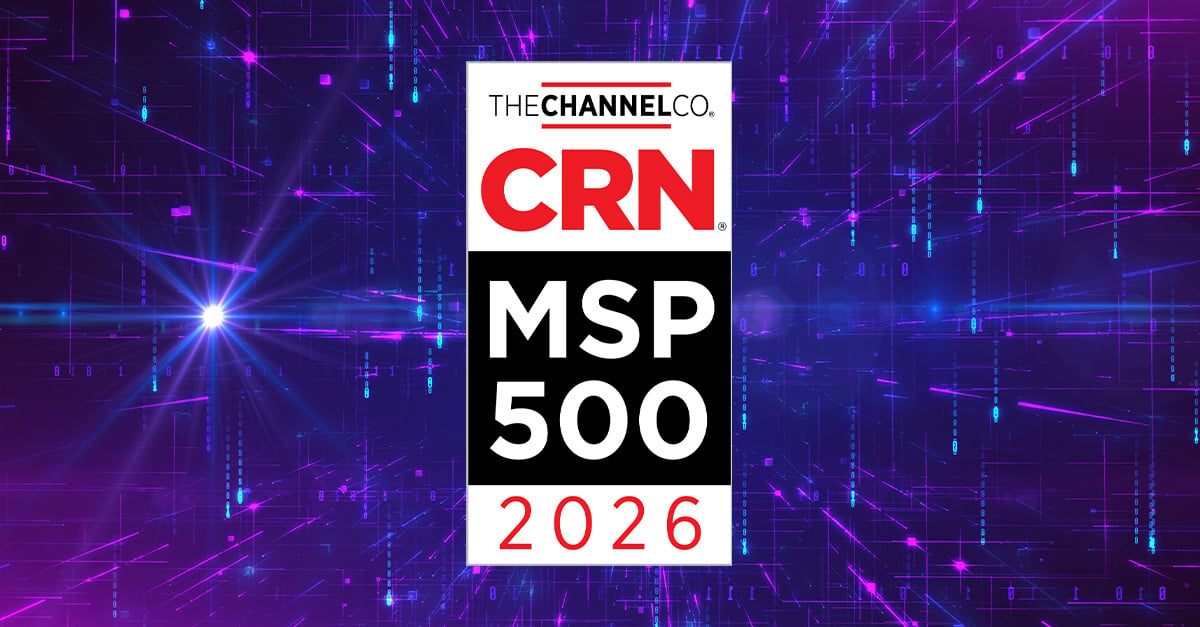iCorps Technologies Recognized on CRN's 2026 MSP 500 List
Woburn, MA - February 10, 2026 - iCorps Technologies, a leading provider of outsourced IT services across the country, announced today that for the false


For small businesses, IT governance is often an informal process for the management of services that support the business. For larger companies, IT governance is a framework – a significant set of policies, procedures, and controls – that is applied organization-wide to enforce corporate standards and assure regulatory compliance.
Common compliance frameworks include HIPAA, GDPR, CIS, NIST, and more.


Woburn, MA - February 10, 2026 - iCorps Technologies, a leading provider of outsourced IT services across the country, announced today that for the false

Over the past several months, Microsoft has implemented major changes to how identity security capabilities are licensed across its Microsoft 365 and false

For many law firms, a data breach still feels like something that happens to someone else. But over the past year, that assumption no longer holds false
